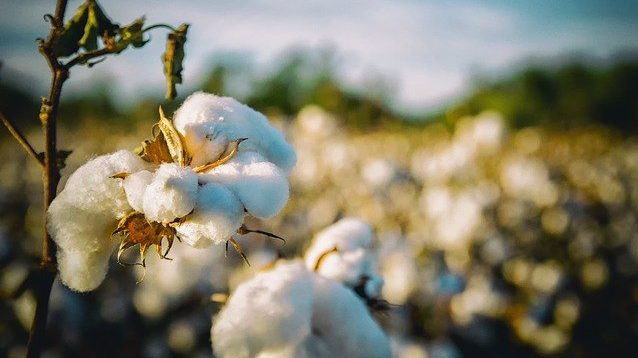Cotton Campaign is stepping up pressure on the US government to reverse course on its recent proposal to remove Uzbekistan cotton from an official list of products that may have been produced using forced or child labor, also known as EO 13126.
In tandem with several industry associations and NGOs, Cotton Campaign sent an open letter to the Office of Child Labor, Forced Labor and Human Trafficking.
In it they stress that although Uzbekistan has made progress to end forced child labor, it still occurred during last year’s cotton harvest.
Just Style reports:
“Local school administrators and teachers remained under pressure to force children into the fields to meet their annual cotton quotas,” they note.
“As a result, it is premature to remove Uzbek cotton from the EO 13126 list until it can be verified that the Uzbek government has fully enacted the reforms to eliminate the drivers of forced child labour, particularly subjecting public school officials to production quotas.”
The letter goes on to say it wholeheartedly supports the Department of Labor’s important role in the implementation of Executive Order 13126 and its mission to ensure US federal agencies do not procure goods made by forced or indentured child labour.
However, the groups add it is crucial the Department of Labor monitors closely the upcoming 2018 cotton harvest to ensure the Uzbek government’s high-level commitment to eradicate forced child labour is consistently implemented on the ground.
The letter also points out that available reports are not conclusive that forced child labour is no longer used, and that the Uzbek government has shifted the burden from children to adults while not eliminating conditions that drive its forced labour system in the cotton sector.
The Department of Labor says it is considering removing Uzbek cotton from the list of goods produced using forced or child labor due to preliminary findings that the problem had been significantly reduced.
However, Department of Labor, the Department of State, and the Department of Homeland Security say they will consider all public comments prior to making a final determination on the EO List.
Uzbek cotton has been on the EO 13126 list since 2010 following reports that school administrators, at the direction of central and local governments, systematically mobilised children as young as seven to work in the annual cotton harvest.
Other signatories to Cotton Campaign’s letter included Anti-Slavery International, Fair World Project, International Labor Rights Forum, Retail Industry Leaders Association (RILA), United States Fashion Industry Association, and UGF.







Freedom United is interested in hearing from our community and welcomes relevant, informed comments, advice, and insights that advance the conversation around our campaigns and advocacy. We value inclusivity and respect within our community. To be approved, your comments should be civil.